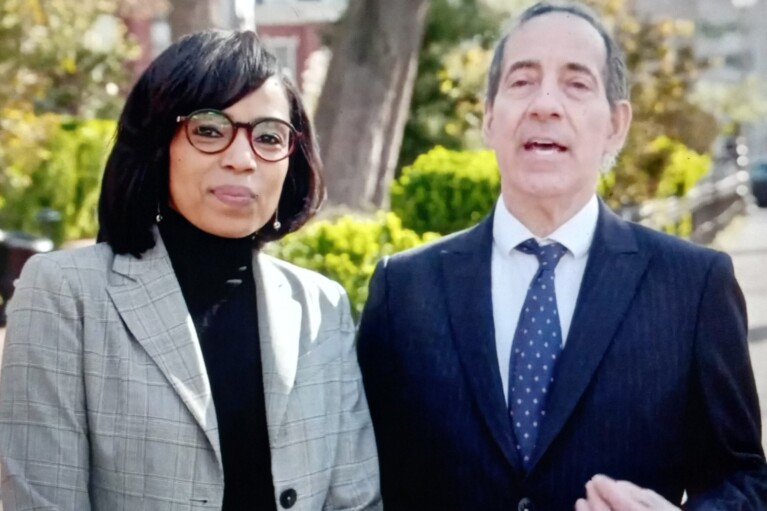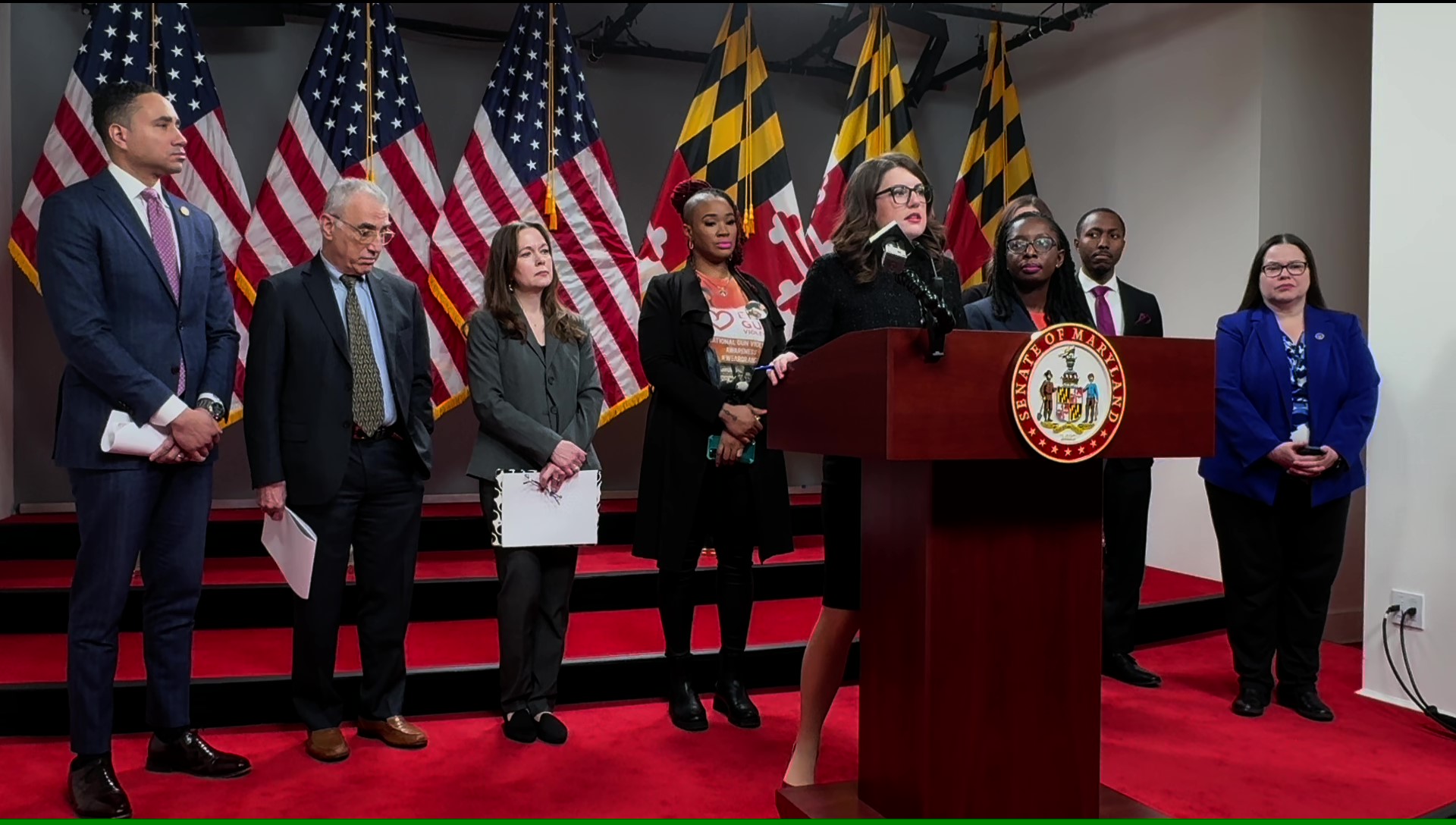Lawmakers Push For Transparency in Officer-Involved Death Investigations
A trio of freshmen lawmakers from Montgomery County are pushing for more independent and transparent investigations surrounding police officer-involved deaths following two high-profile cases in 2018 that left victims’ families and communities demanding answers.
State Dels. Emily Shetty (D-Montgomery) and Gabriel Acevero (D-Montgomery) have introduced legislation calling for statewide standards in officer-involved death investigations, which do not exist today in Maryland. In Montgomery County, a council member is seeking to have an outside agency investigate when a local law enforcement officer is involved in a suspect’s death.
In June, Robert White, 41, was fatally shot in a Silver Spring neighborhood by a Montgomery County Police officer after a struggle. In September, Anton Black, a 19-year-old Caroline County resident, died during a struggle with police who had been chasing him. Both men were unarmed, and in both cases officers were not charged with crimes.
Current law allows for local law enforcement agencies to establish their own guidelines for investigating officer-involved deaths.
In Montgomery and Howard counties, a reciprocal agreement exists between the two state’s attorney’s offices. Each local police department investigates its own officer-involved deaths and sends the report to the other county’s prosecutors to review the findings. The home-based state’s attorney has the discretion to file charges.
In Caroline County, the Greensboro Police Department involved in Black’s death has guidelines that call for the state’s attorney to handle officer-involved investigations. In Black’s case, the Maryland State Police are conducting the investigation. Their findings have been reported back to the state’s attorney, who decided last month that the results of the investigation so far did not warrant a prosecution against the police officers and civilian who pursued Black.
Shetty’s bill, HB 983, would require officer-involved deaths to be investigated by an independent entity established outside of the involved law enforcement officer’s jurisdiction. The results of the investigation would then be turned over to the state’s attorney office where the crime occurred for consideration of prosecution. If the state’s attorney determines the officer should not be prosecuted, the investigators would be required to make their report public, redacting any confidential information.
Acevero introduced a bill that he’s calling “Anton’s Law.” It would allow the complainant of an officer-involved death to receive a copy of the investigative file following the conclusion of the investigation, as well as copies of any prior complaints filed against the police officer in question.
Many law enforcement agencies use the designation of an officer’s personnel record to prevent files from being released to the media or the public during or after an investigation. Whether investigative reports remain sealed after an investigation has closed appears to be at the discretion of the agency overseeing the investigation, however.
A spokeswoman for the Caroline County state’s attorney’s office said Black’s family’s attorneys were invited to view documents from the investigation before it closed. But State’s Attorney Joseph Riley (R) would not agree to release police body camera video footage until a coroner’s report was released, which occurred four months after Black died and only following pressure from Gov. Lawrence J. Hogan Jr. (R).
Multiple requests for comment from the Maryland Police and Correctional Training Commission, which sets policing guidelines in the state, were not returned prior to publication of this story.
Neither bill addresses the length of time an investigation occurs or what information a family could see while it is ongoing, but Shetty’s measure would prevent police departments from investigating themselves and Acevero’s bill would allow for families to learn about a potential history of abuse by a police officer.
In Black’s case, the first responding officer who quickly tried to arrest Black after the teen was seen dragging a 12-year-old boy down the street had been banned from working as a law enforcement officer in Delaware. Trial records that detailed a history of the officer’s disciplinary reports – including information that he had been physically abusive to an African-American suspect in his custody – were also expunged, according to a Delaware court clerk who confirmed the initial existence of the records.
In Montgomery County, a bill introduced in January by Councilmember William L. Jawando (D) would require a neighboring law enforcement agency, the State Prosecutor’s Office or the U.S. Department of Justice to be the investigating body following an officer-involved death. As with Shetty’s bill, a final report would be submitted to the state’s attorney’s office of the officer’s jurisdiction. If no charges are filed, the report would be released to the public under the guidelines of current Maryland Public Information Act law.
Neither Shetty’s nor Jawando’s bills would prohibit an internal investigation by the local law enforcement agency.
“In the case of Robert White, a two-sentence letter clearing officers was released,” Jawando said. “No explanation, no results of the investigation. It’s hard for the public to have confidence in the investigation and to understand what happened.”
This week Montgomery and Howard counties state’s attorneys are finalizing a written agreement authorizing one jurisdiction to examine investigative reports of the other’s law enforcement officers. Currently, their reciprocal agreement is verbal.
Black’s family is scheduled to join Acevero at a news conference in Annapolis on Feb. 26 – the same day his legislation will be heard in the House Judiciary Committee.
Shetty’s and Jawando’s bills are scheduled for hearings on March 5.
Glynis Kazanjian is a freelance writer. She can be reached at Glyniskaz@gmail.



 Creative Commons Attribution
Creative Commons Attribution